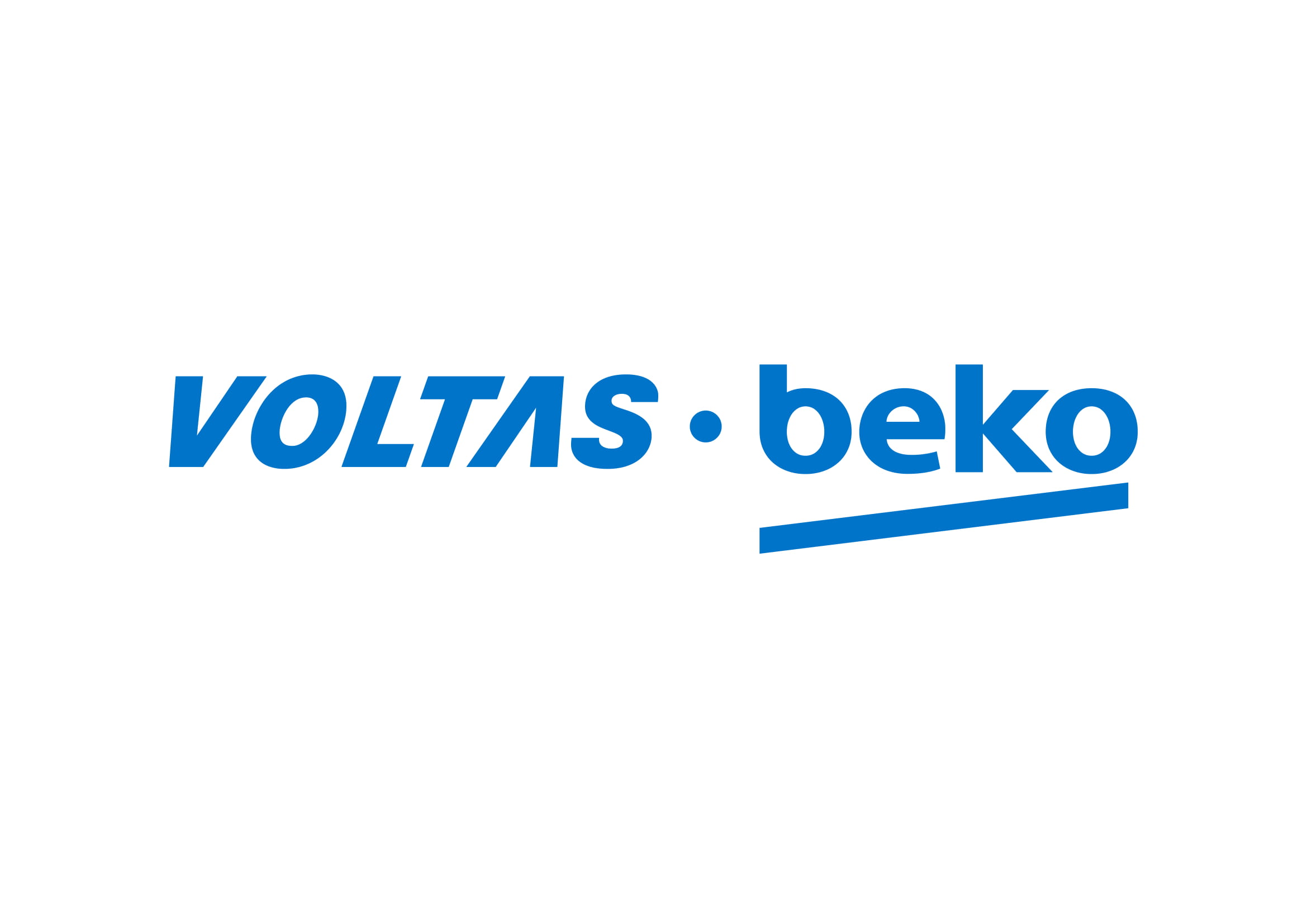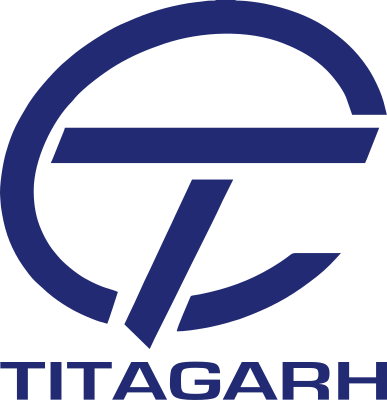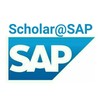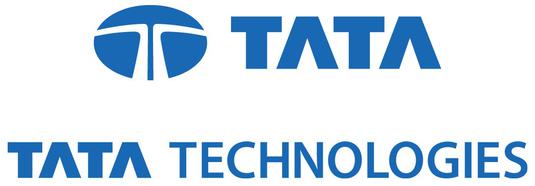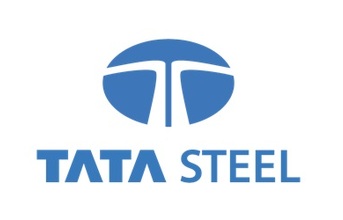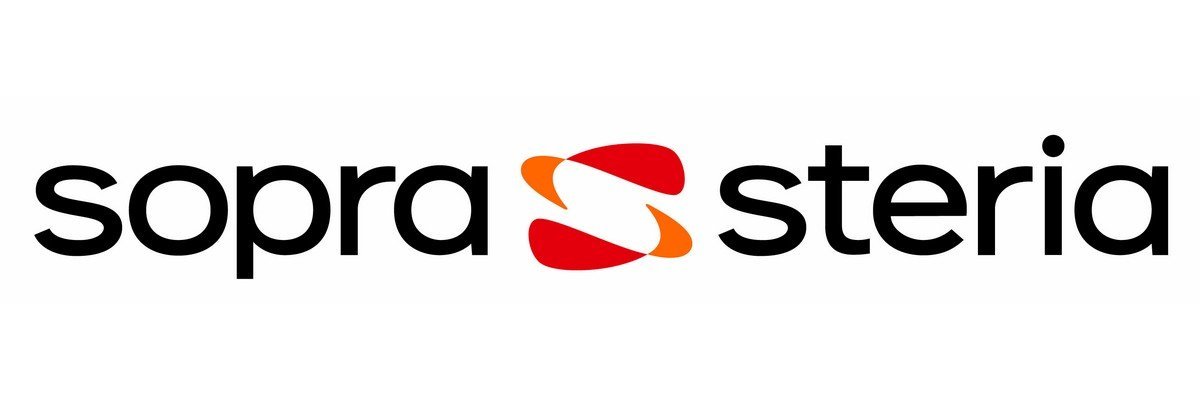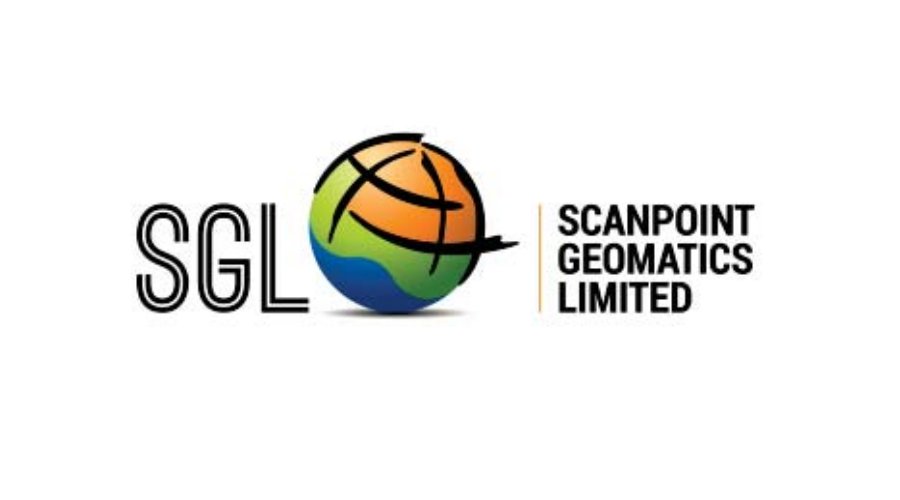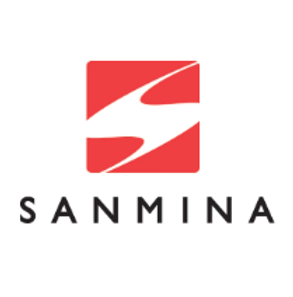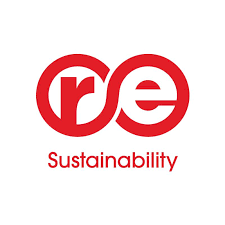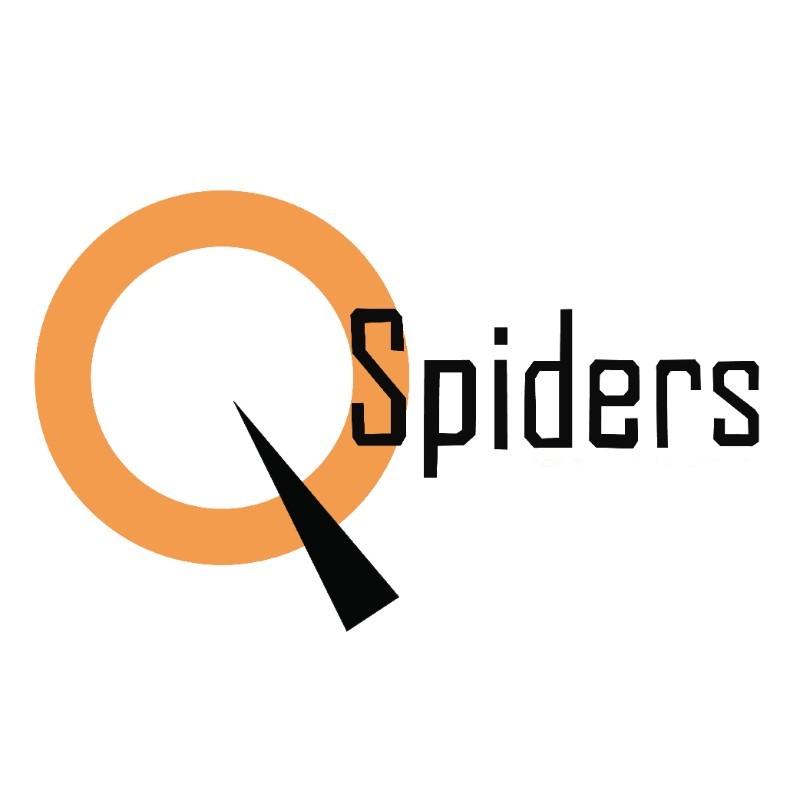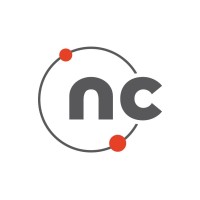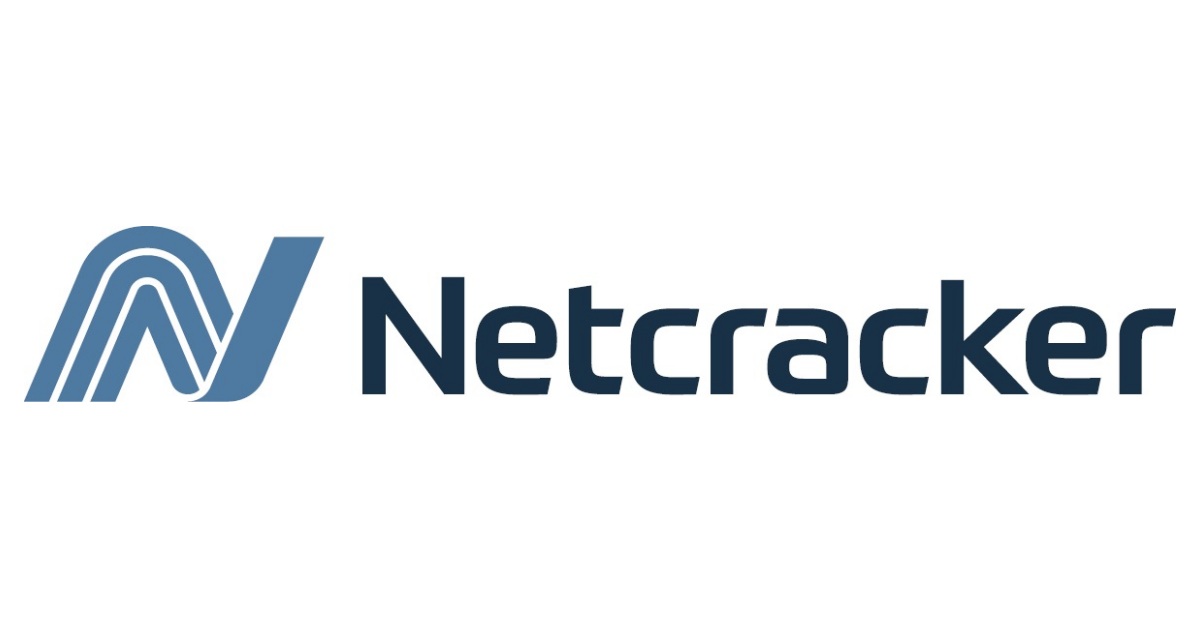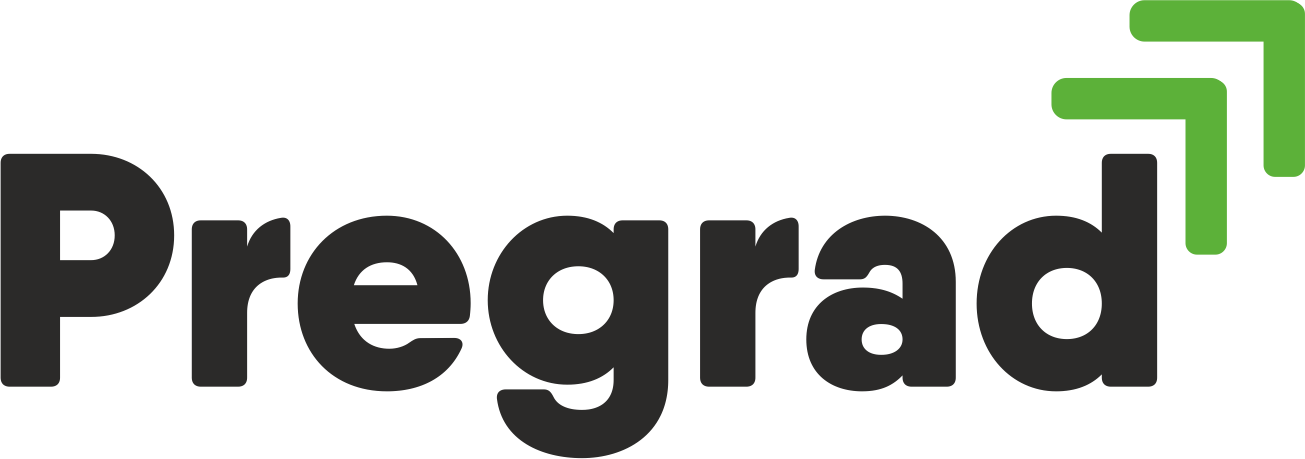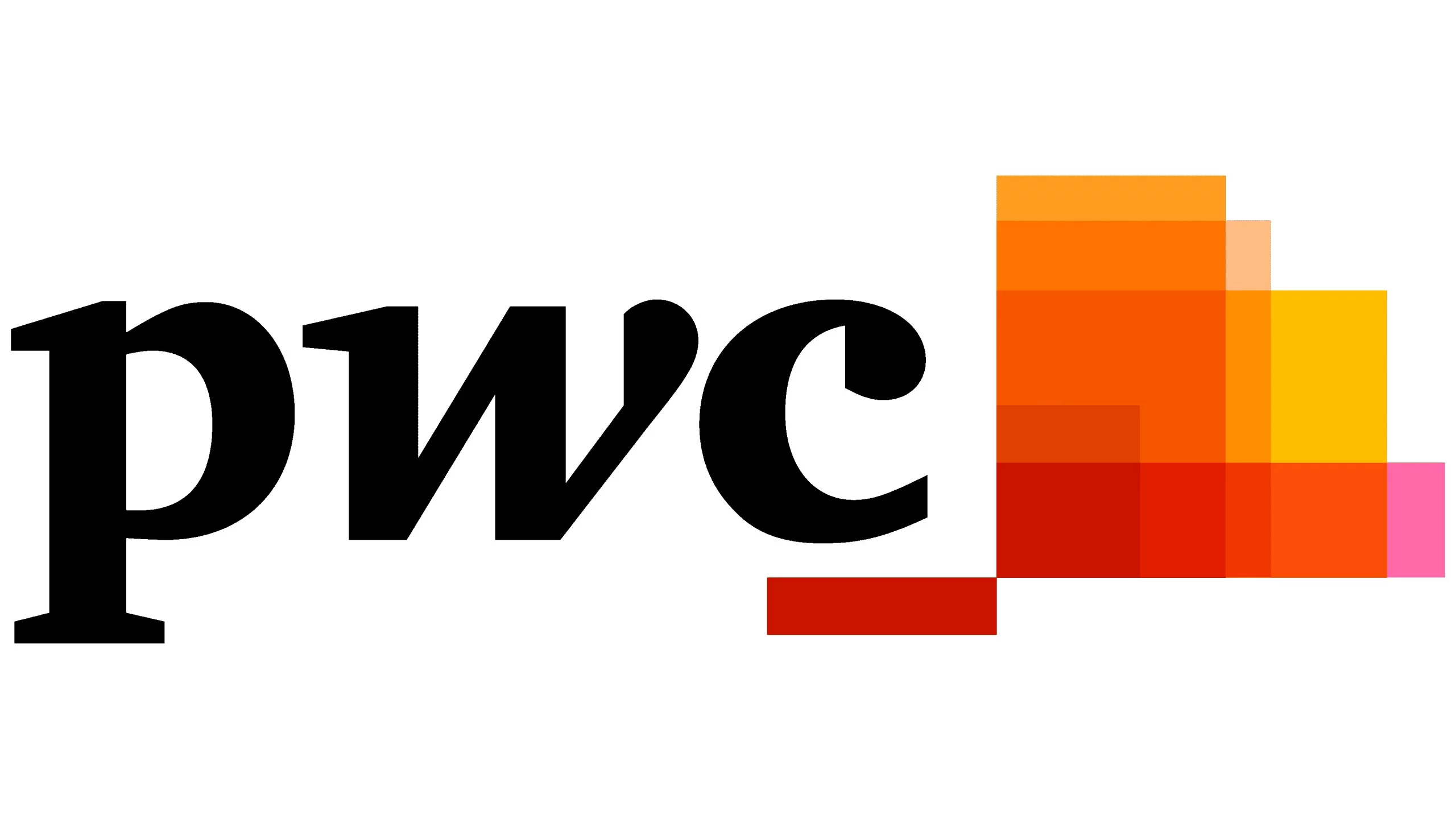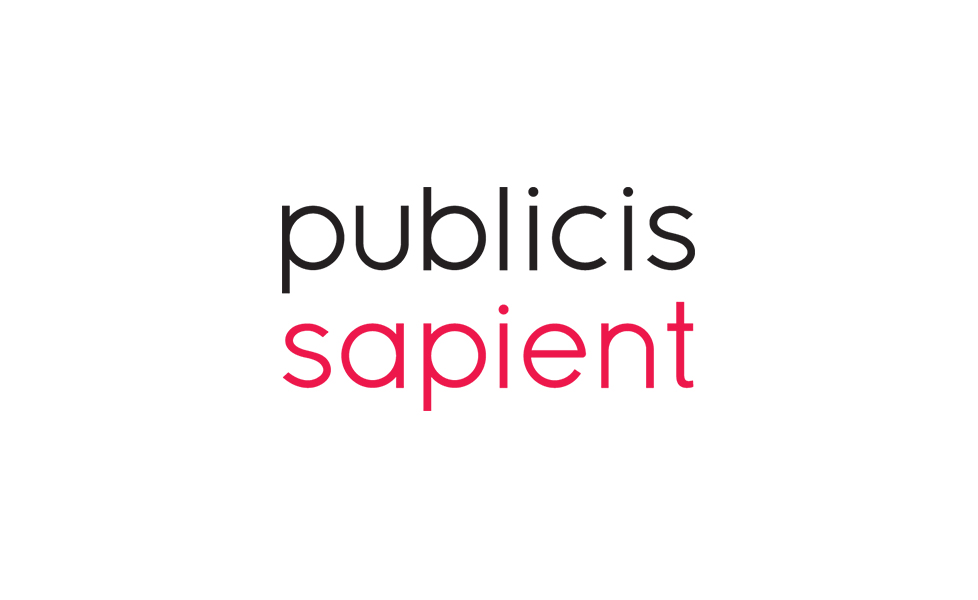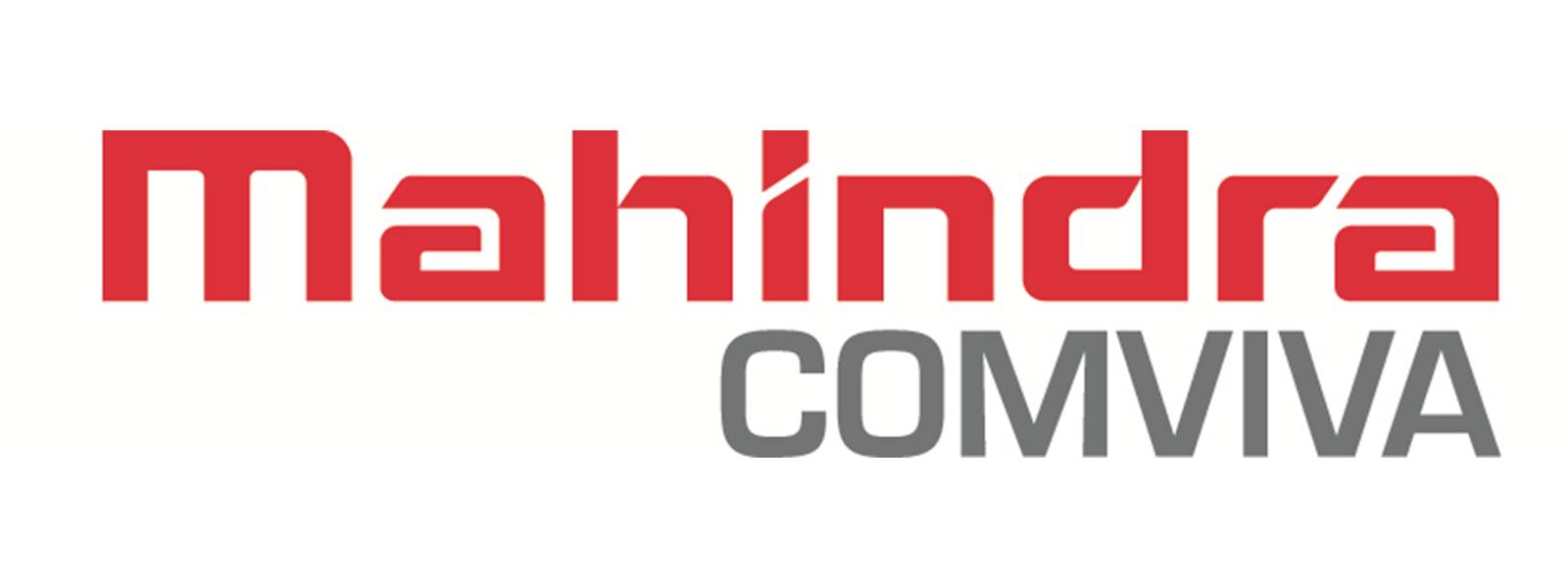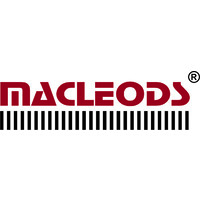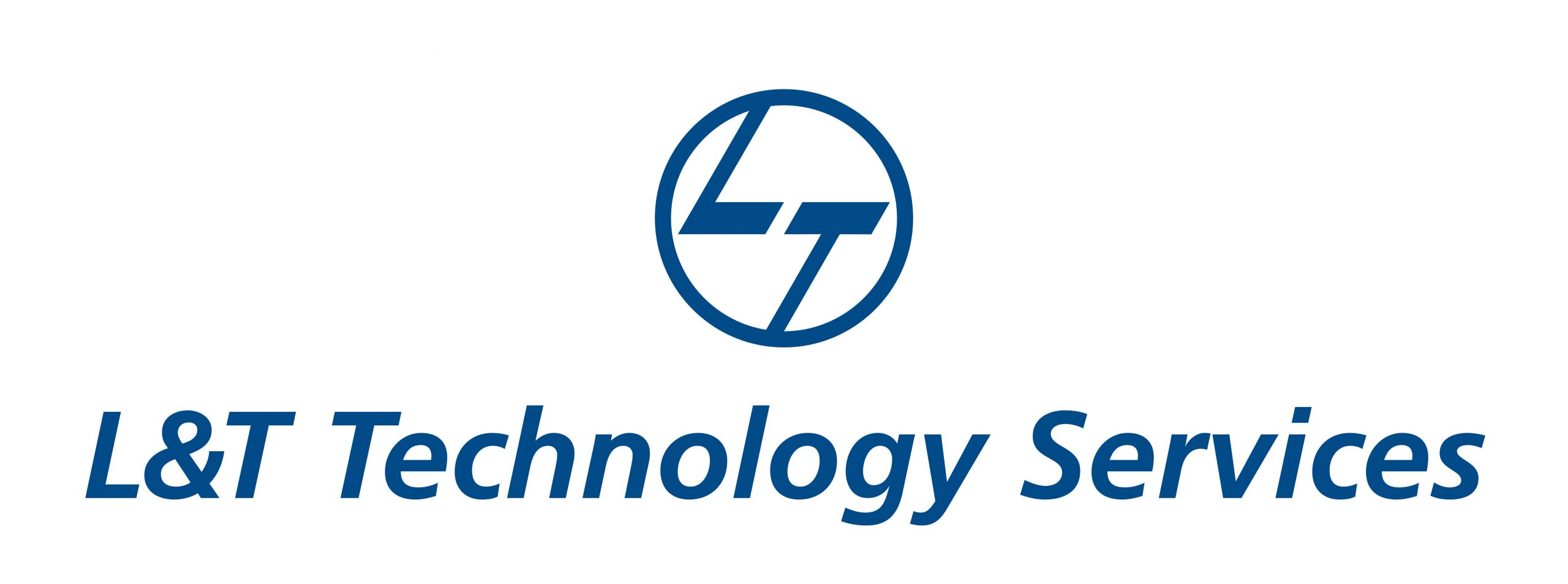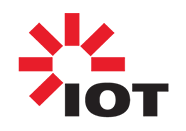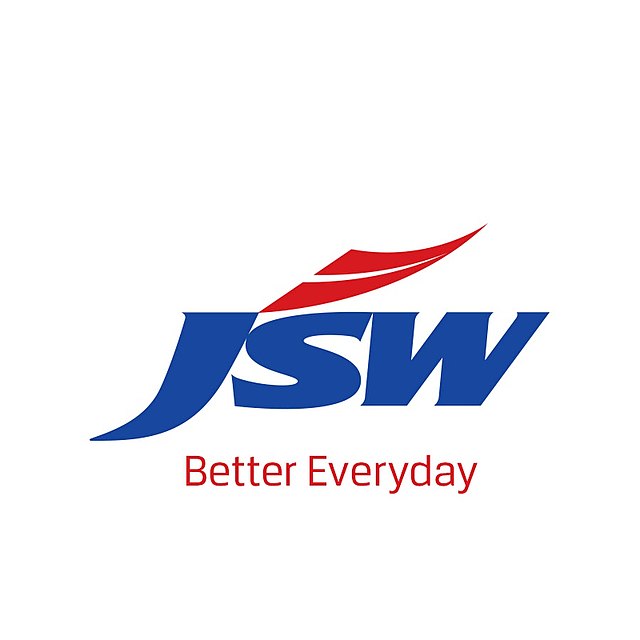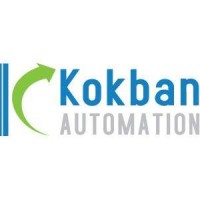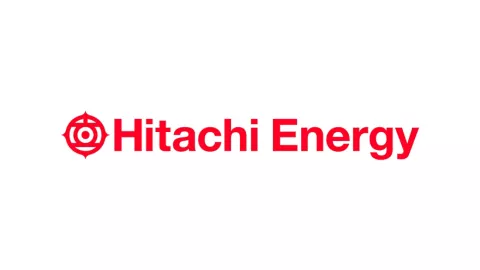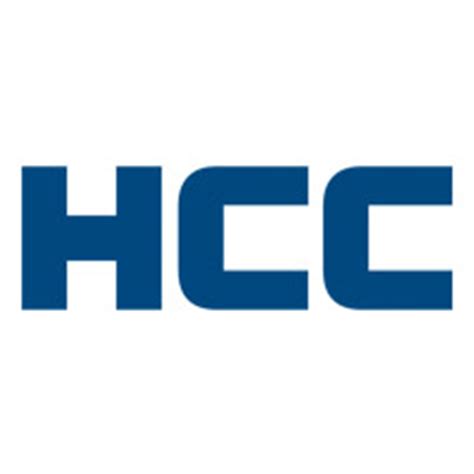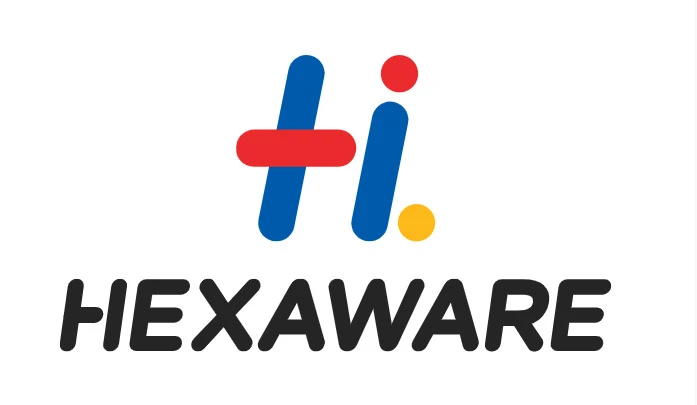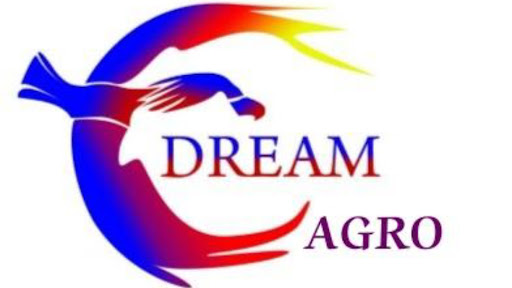Overview
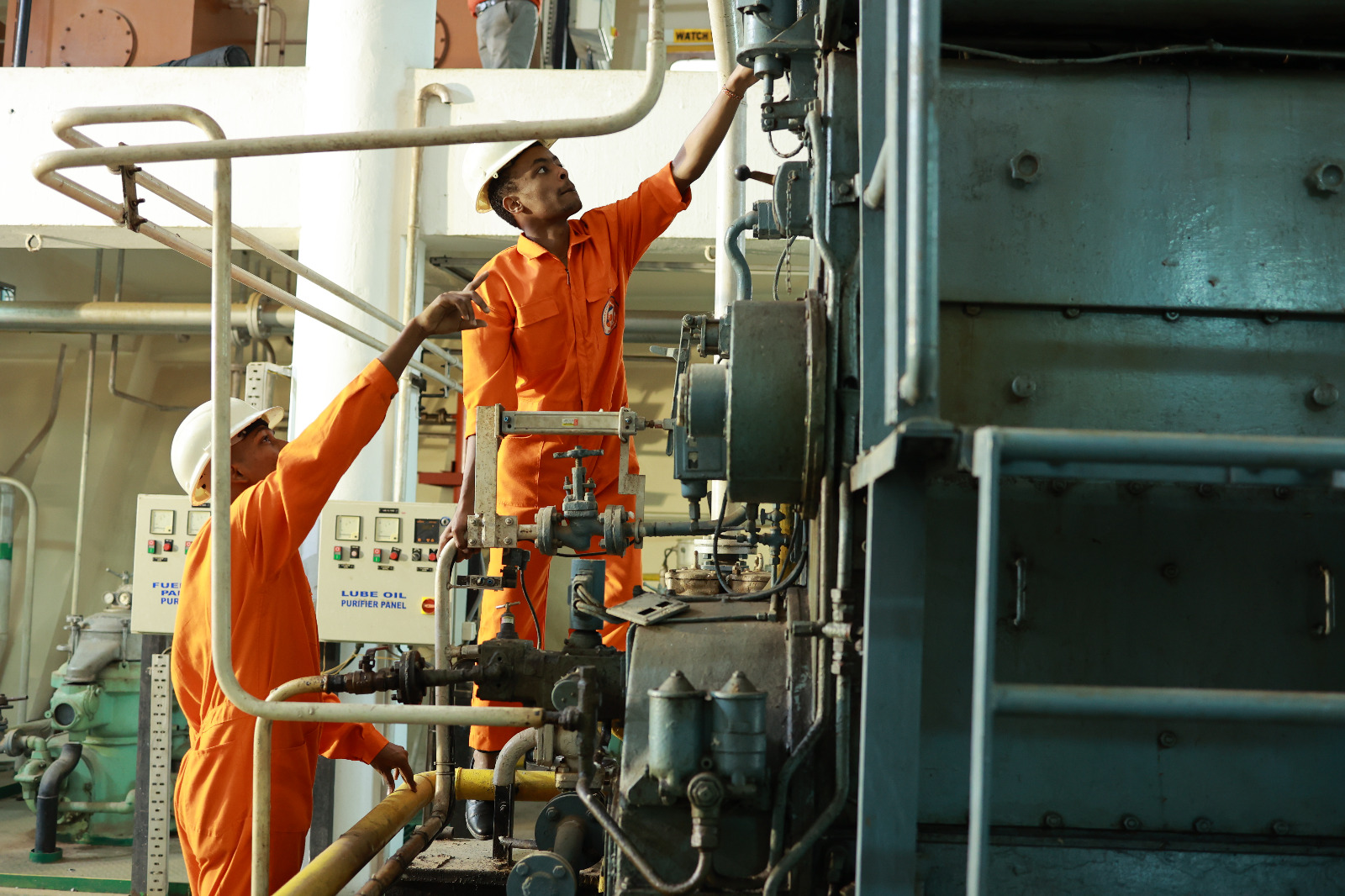
Program Educational Objectives (peo’s)
PEO1
Foundational Knowledge and Skills: Equip trainees with a comprehensive understanding of basic seamanship, safety protocols, navigation, cargo handling, and emergency response procedures. This foundational knowledge ensures they can perform essential shipboard duties effectively and safely.PEO2
Practical Competence: Develop hands-on skills through practical training and simulations that mirror real-life maritime scenarios. Trainees will gain proficiency in ship maintenance, operational tasks, and emergency management, ensuring they are ready to meet the demands of life at sea.PEO3
Professionalism and Discipline: Cultivate a high standard of professionalism, discipline, and ethical behaviour necessary for maritime careers. Emphasize teamwork, effective communication, and strict adherence to maritime regulations and laws.PEO4
Career Preparedness: Prepare trainees for entry-level positions in the maritime industry, providing them with the confidence and competence to embark on their seafaring careers. The course aims to produce well-rounded individuals who can adapt to various roles and responsibilities on board.
Program Specific Outcomes (Pso's)
PSO1
Seamanship Proficiency: Trainees will develop the ability to perform essential seamanship tasks, including rope work, anchoring, mooring, and cargo handling operations, with a high level of competence and safety awareness.PSO2
Safety and Emergency Preparedness: Graduates will be well-versed in safety procedures and emergency response techniques, including firefighting, first aid, and survival at sea. They will be capable of responding effectively to on-board emergencies.PSO3
Operational Skills: Trainees will gain hands-on experience in operating and maintaining shipboard machinery and equipment. They will be skilled in routine maintenance tasks and troubleshooting common issues.PSO4
Navigation Support: Graduates will be able to assist in basic navigation duties, such as watchkeeping, chart reading, and understanding navigational aids and instruments, ensuring the safe and efficient passage of the vessel.PSO5
Regulatory Knowledge: Trainees will understand and adhere to international and national maritime regulations, including the International Maritime Organization (IMO) standards, ensuring compliance and promoting a culture of safety and professionalism.PSO6
Effective Communication and Teamwork: Graduates will possess strong communication skills and the ability to work effectively in a multicultural crew environment, fostering teamwork and collaboration.
SYLLABUS
Total Duration of the Course
| Sl.No | SUBJECT | Theory Hrs (L) | Practical’s / Skill Hours (P) | Total contact | Weeks | |
|---|---|---|---|---|---|---|
| 1 | Part 1 Maritime English & General Ship Knowledge | 55 | 30 | 85 | 2.02 | |
| 2 | Part 2 Navigation at Support Level (A-II/4 & A- II/5) | 28 | 60 | 88 | 2.10 | |
| 3 | Part 3 Cargo Handling and Stowage at Support Level (A-II/5) | 16 | 40 | 56 | 1.33 | |
| 4 | Part 4 Marine Engineering at Support Level (AIII/4 & A-III/5) | 56 | 120 | 176 | 4.19 | |
| 5 | Part 5 Electrical, electronic and control engineering at Support level (A-III/5) | 5 | 30 | 35 | 0.83 | |
| 6 | Part 6 Controlling the Operation of Ship and Care for persons on board at Support Level (AII/5 & A-III/5) | 30 | 118 | 148 | 3.52 | |
| 7 | Part 7 Maintenance and Repair at Support Level (A-II/5 & A-III/5) | 20 | 180 | 200 | 4.76 | |
| Total ( Part 1 to Part 7 ) | 210 | 578 | 788 | 18.76 | ||
| Part 8 Mandatory STCW Courses and Ship Visit | ||||||
| 8 | A. Proficiency in Survival Techniques (TC 31 of 2004) | 10 | 5 | 15 | 0.7 | |
| 9 | B. Elementary First Aid (TC 30 of 2004) | 10 | 5 | 15 | ||
| 10 | C. Fire Prevention and Fire Fighting | 13 | 5 | 18 | 0.9 | |
| 11 | D. Personal Safety and Social Responsibility (STCW 2010 TC13 of 2012) | 21 | 0 | 21 | ||
| 12 | E. Security Training for Seafarers with Designated Security Duties (STCW 2010 TC 27 Of 2012) | 13 | 1 | 14 | 0.56 | |
| 13 | F. Port/Dock/Harbour/Ship Visit | 1 | 7 | 8 | ||
| 14 | Total of Part 8 | 68 | 23 | 91 | 2.16 | |
| 15 | Total of Part 1 to Part 8 | 278 | 601 | 879 | 20.93 | |
| 16 | Part 9 Upkeep of the campus (Three hours per week for 15 weeks) (Outside class hours, supervised by Instructors) | 45 | ||||
| 17 | Part 10 Holidays/passing out/etc. | 42 | 1.0 | |||
| 18 | Part 11 English Communication (10 Sundays x 4 hrs) | 40 | ||||
| 19 | Revision | 12 | 19 | 31 | 0.78 | |
| 20 | Assessment (Internal ) | 14 | 28 | 42 | 2.3 | |
| 21 | Assessment Final (External) | 14 | 42 | 56 | ||
| TOTAL GRAND | 1050 | 25 |
Laboratories
Eligibility Criteria
| 1 | Qualification & Eligibility Of Candidates |
|---|---|
| 1.1 | Entry standards (to be verified by the Institute) |
| 1.1.1. | Academic standards: 1. Xth Standard pass from government recognized board with subjects English, Mathematics & Science with 40 % aggregate. English 40% in Xth / XIIth OR 2. XIIth Standard (any stream) pass from government recognized board with 40 % aggregate. English 40% at Xth or XIIth but with subjects English, Mathematics & Science at Xth. OR 3. Pass in 2 year ITI course (Fitter / Machinist / Mechanic / Welder / Turner) approved by DVET / NCVT; with minimum 40% aggregate marks in final year of ITI & minimum 40% in English in Xth / XIIth. |
| 1.1.2. | Age limit: Minimum age 17½ years and maximum age 25 years on the date of commencement of course. Institutes shall comply with DGS Order no.4 of 2014, dated 10.04 for relaxation in upper age limit belonging to SC/ST candidates. |
| 1.1.3. | Physical standards: As per Merchant Shipping (Medical Examination) Rules, 2000 and Merchant Shipping (Medical Examination) Amendment Rules, 2016 as amended from time to time. |
Brand Association
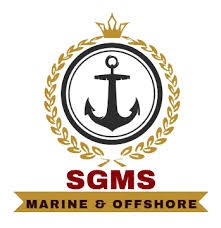



CAREER PATH YOU CAN CHOOSE AFTER THE COURSE
After completing the GP Rating Course, you can choose from a variety of career paths in the maritime industry.
Deck Rating
Engine Room Rating
Steward/Utility Hand
Bosun (Boatswain)
Pumpman
Electrical Rating
Leading Hand
Career Progression to Officer
Specialized Roles
Shore-Based Opportunities





